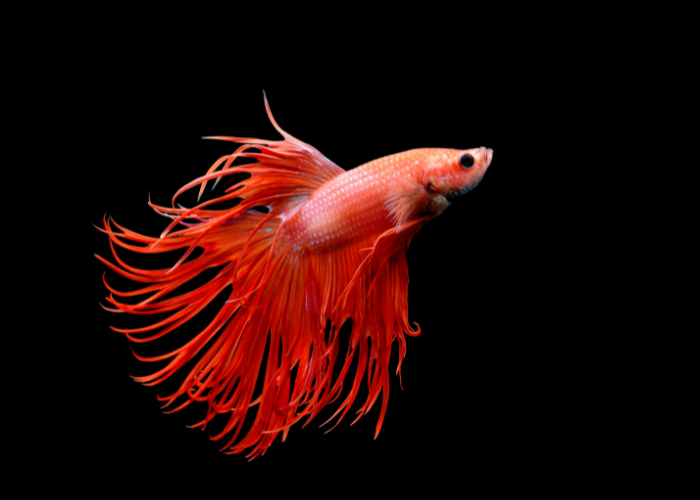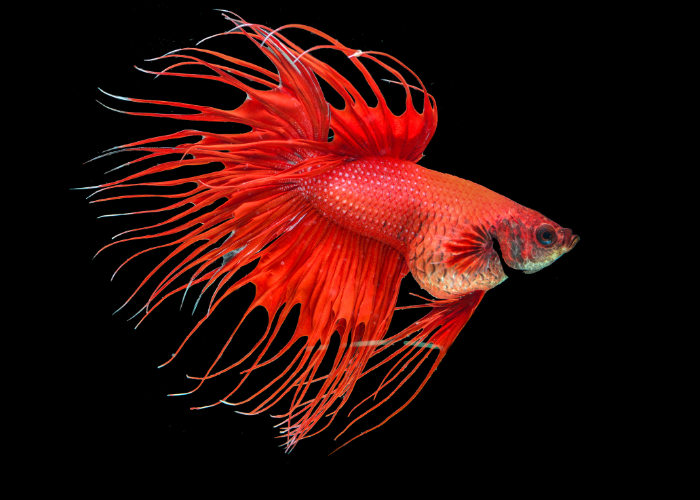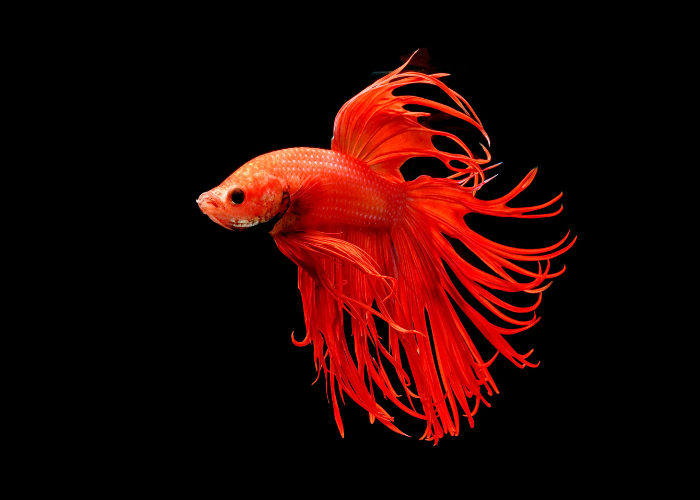Introduction to Betta Fish and Tap Water Quality
Betta fish, also known as Siamese fighting fish, are vibrant, aggressive freshwater fish that are popular choices for home aquariums. These fish require proper care to ensure their health and longevity, and a crucial aspect of this care is maintaining the quality of the water in which they live.

Effects of Tap Water on Betta Fish
Chlorine Effects on Betta Fish
Chlorine is a disinfectant added to tap water for human consumption. While it is useful in eliminating bacteria and other harmful microorganisms, it can cause adverse effects on Betta fish. Exposure to chlorine can lead to stress, respiratory distress, gill damage, weakened immune systems, and even death. Chlorine may also disrupt the beneficial bacteria in the aquarium, essential for maintaining a healthy ecosystem.
PH Level Effects on Betta Fish
Betta fish thrive in slightly acidic water with a pH range of 6.5 to 7.5. Tap water’s pH levels may sometimes fall outside this range, causing stress and health issues for the fish. A pH level too low or too high can affect the fish’s ability to regulate its internal pH, leading to metabolic issues, difficulty breathing, and reduced resistance to diseases.
Water Hardness Effects on Betta Fish
Water hardness refers to the concentration of minerals, such as calcium and magnesium, in the water. Betta fish prefer a softer water environment with a hardness level of 50-100 ppm (parts per million). Tap water can sometimes be too hard for Betta fish, leading to issues like scale damage, impaired osmoregulation, and reduced ability to absorb essential nutrients.

How Long Can Betta Fish Live In Tap Water
Betta Fish Survival in Tap Water
Betta fish can survive in untreated tap water for a few days to a week. Long-term exposure to unfavorable water conditions, such as high chlorine levels, unsuitable pH, and water hardness, can lead to stress, illness, and a significantly shortened lifespan.
Making Tap Water Safe for Betta Fish
To make tap water safe for Betta fish, use a water conditioner that neutralizes chlorine and other harmful chemicals. A water conditioner can also help to stabilize the pH levels and reduce the water hardness. Additionally, installing a water filtration system can remove impurities, regulate water hardness, and maintain suitable pH levels.
Epsom Salt Bath for Betta Fish – Everything You Need to Know
Conclusion
Betta fish can survive in tap water for a short time, but it is not the ideal environment for them. Tap water often contains chlorine, chloramines, and other chemicals that can be harmful to fish. To ensure the health and longevity of your betta fish, it is recommended to treat tap water with a water conditioner that removes these harmful substances. With proper care and water treatment, betta fish can live for an average of 3 to 5 years.

Frequently Asked Questions:
Q: What is the ideal water temperature for betta fish?
A: Betta fish thrive in water temperatures between 76°F and 82°F (24°C to 28°C). A heater and thermometer are recommended to maintain a stable water temperature.
Q: How often should I change the water in my betta fish tank?
A: It is recommended to perform a 25% water change every week or a 50% water change every two weeks, depending on the size of the tank and the filtration system in place.
Q: What is the ideal tank size for a betta fish?
A: A minimum of 5 gallons (19 liters) is recommended for a betta fish, with larger tanks being even better for their health and happiness.
Q: Can betta fish live with other fish?
A: Betta fish are known to be aggressive towards other fish, especially those with similar body shapes and bright colors. However, they can coexist with some peaceful and non-aggressive species in a properly sized and well-maintained tank.
Q: What should I feed my betta fish?
A: Betta fish are carnivorous and should be fed a high-quality betta pellet or flake food specifically formulated for bettas, supplemented with occasional treats like bloodworms, brine shrimp, or daphnia

Doctor of Veterinary Medicine (D.V.M.) at Nation Taiwan University,Master of Science (M.S.) in Biomedical Engineering at National Taiwan University of Science and Technology




